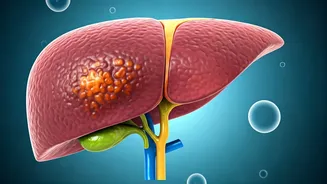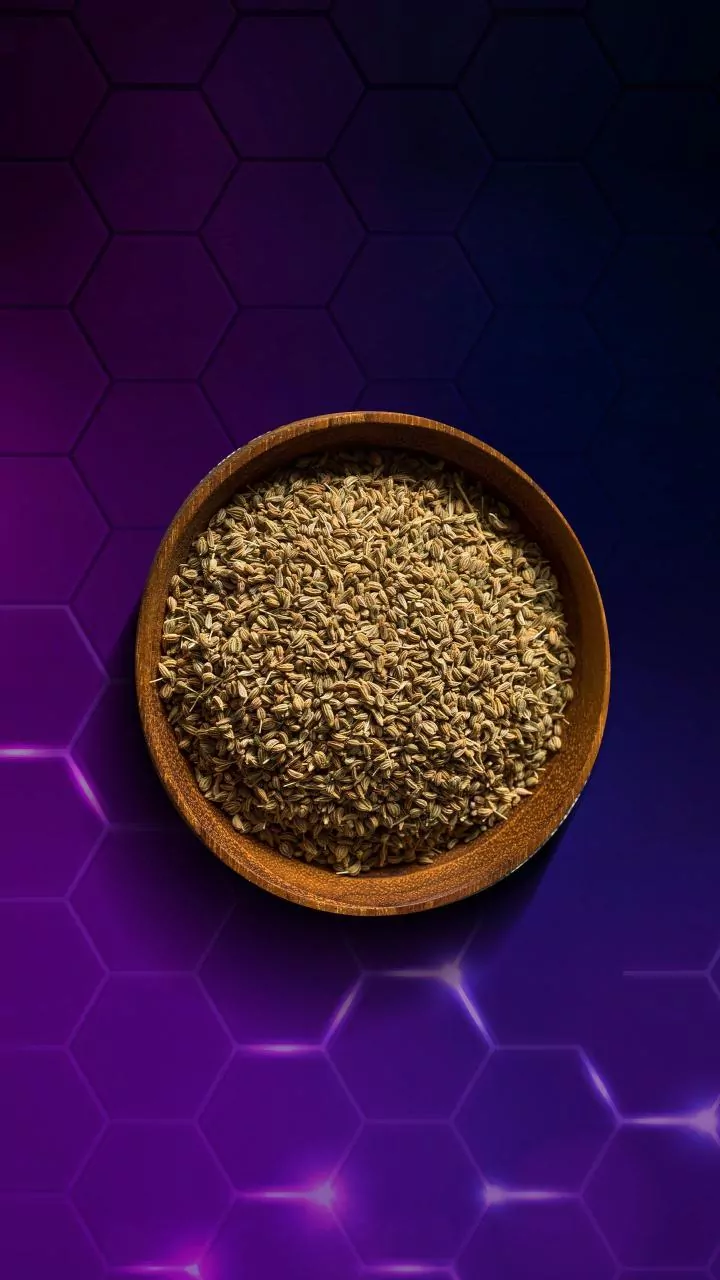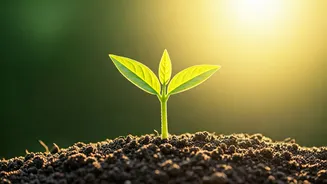Iron Deficiency Explained
Iron deficiency anemia remains a major health problem in India, particularly affecting women, children, and pregnant women. The lack of iron leads to decreased
hemoglobin production, which carries oxygen in the blood, leading to fatigue, weakness, and impaired cognitive function. The symptoms can vary, but generally include tiredness, pale skin, shortness of breath, and headaches. Addressing this deficiency starts with incorporating iron-rich foods, such as green leafy vegetables, lentils, and lean meats, into your daily diet. Furthermore, enhancing iron absorption by combining these foods with vitamin C-rich items like citrus fruits can make a significant difference. Considering the high prevalence, consulting a doctor for potential supplementation can be a wise move, especially when dietary changes alone prove inadequate. Iron deficiencies are not only common, but also can greatly impact the overall quality of life.
Calcium Shortage & Impact
Calcium, vital for bone health and overall bodily functions, is often deficient in many Indian diets. Inadequate calcium intake contributes to weakened bones, increasing the risk of osteoporosis, especially later in life. Insufficient calcium can also affect nerve function and muscle contraction. The early signs of calcium deficiency may not be obvious, but could include muscle cramps and brittle nails. Dairy products, a primary source of calcium, are often under-consumed, and the bioavailability of calcium from certain plant sources varies. It's important to increase your consumption of calcium through foods like milk, yogurt, and fortified plant-based milk alternatives. Beyond diet, ensuring adequate vitamin D intake is also essential, as vitamin D aids calcium absorption. Regular sun exposure helps with vitamin D synthesis, and supplementation can be considered if needed. Maintaining strong bones is crucial for long-term health, and addressing calcium deficiency is a fundamental step toward achieving that.
Vitamin D Deficiency's Grip
Vitamin D deficiency is another widespread nutritional challenge in India. This fat-soluble vitamin plays a pivotal role in calcium absorption, bone health, and immune function. Vitamin D deficiency is frequently linked to a range of health issues, including rickets in children and increased susceptibility to infections. The main source of vitamin D is sunlight, but in many Indian communities, factors such as skin pigmentation and limited sun exposure can contribute to inadequate vitamin D levels. Incorporating foods like fatty fish and fortified foods can help, but it's often difficult to get enough vitamin D from diet alone. Vitamin D supplementation is commonly recommended, especially for those at risk, such as the elderly or individuals with limited outdoor activities. Getting tested for vitamin D deficiency is a good starting point to assess the need for supplementation. Addressing this deficiency is critical to supporting a strong immune system and ensuring optimal health.



















